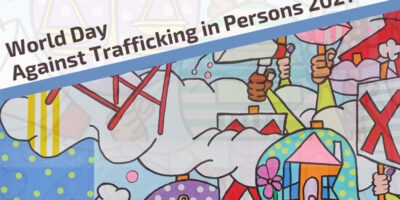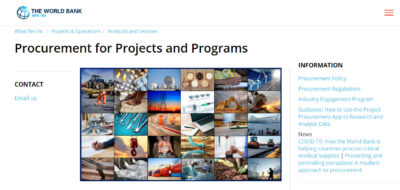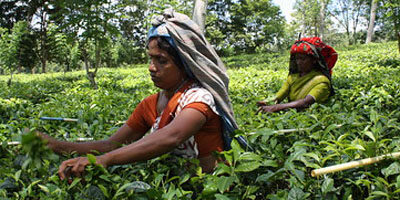In 2008, the Canadian government passed the Official Development Assistance (ODA) Accountability Act in order to increase the effectiveness of Canadian aid money in developing countries. The Act stipulates that through its ODA, Canada must contribute to poverty reduction, take into account the perspectives of the poor, and be consistent with international human rights issues.
10% of Canadian ODA is channeled to the World Bank by way of the Department of Finance. While the World Bank claims that it informally supports human rights, there is no operations policy that enforces them; the Bank claims that human rights is a political issue that falls beyond the scope of its mandate.
So, how does Department of Finance plan to uphold the Act with regards to human rights standards?
Michael Horgan, Deputy Minister of the Department of Finance, in a letter to the Social Justice Committee, wrote: “By supporting greater transparency, good governance, country-led and community-driven development programs, and independent judiciary, and informed reporting by the media, the World Bank contributes to a climate where human rights can be advanced.”
To evaluate the five principles identified by Finance and determine whether they are consistent with international human rights standards, I spoke with three experts: Nancy Thede, professor in the Faculty of social sciences at the Université du Québec à Montréal, Margot Salomon, Senior Lecturer in the Law Department and the Centre for the Study of Human Rights at the London School of Economics, and Lucie Lamarche, George F. Henderson Chair in Human Rights at University of Ottawa.
The consensus was that while the first two principles are ambiguous, the last three are in line with human rights standards. Although they are in line with human rights standards they only reflect civil and political rights. “None address social and economic rights that might be valuable to developing countries,” Salomon said.
Transparency and good governance
“Good governance and transparency are not expressions used in a human rights framework, but they do help to protect and promote human rights,” Lamarche said.
She said that while it is reasonable that the Department of Finance would focus on avoiding corruption, adding value to its dollar, and working towards projects that are accepted by the community, asking for greater adherence to international human rights law would pose a challenge.
“When asking a body like Department of Finance to be consistent with human rights standards you run the risk of forcing it to pick and choose. Because all human rights principles are equally interdependent and interrelated, picking and choosing would give certain principles priority.”
Country-led and community-driven development
The experts agree that the third principle, country-led and community-driven development, integrates human rights standards. Salomon and Lamarche believe that this principle refers to the right to participation, while Thede adds that it reflects the right to development, whereby the receiving country should be in the driver’s seat.
Independent judiciary
The fourth principle, independent judiciary, is a classic component of civil and political rights. According to Lamarche, the last principle, informed reporting by the media, refers to freedom of the press and freedom of expression. So, while there may be no direct reference to human rights here, there is an implicit one.
Contributing to a climate conducive to the advancement of human rights and applying human rights law are two different things, Thede said. “The main concern when Finance uses this kind of language is not human rights, it’s about how human rights are forced into a good governance framework that is consistent with the revised neo-liberal agenda.”
Reporting results
Under the Bretton Woods and Related Agreements Act, Finance must produce an annual report to Parliament on Canada’s involvement with the IMF and the World Bank. In its 2009 report, it included a section on the ODA Accountability Act.
“The report is in compliance with the letter of the act but not with the spirit of the act,” Thede said, although she acknowledged that Finance was the first department to comply with the Act by undertaking a consultation and producing its report on time.
The report dedicates four paragraphs to the Act at the end of the 117-page report, in an annex, but does not mention human rights in any other section. Finance was asked for information and clarification about how it implements and evaluates its compliance with the Act, but its spokespersons were unable to provide any.
Lamarche said that she is not cynical about the ODA Accountability Act, and believes that Canada is working towards a policy of accountability. “The real answer is that this is a work in progress.”
Even so, she warns about the risk of a “checklist approach” to human rights, whereby boxes are ticked whenever actions superficially comply with the requirements of a human rights based approach. And she cautions that the Act is not policy. According to her, its requirements need to be applied on the basis of qualitative analyses on the ground.
“We can’t just use rights as documents or formulas. There’s no free lunch, no short cut to human rights.”






